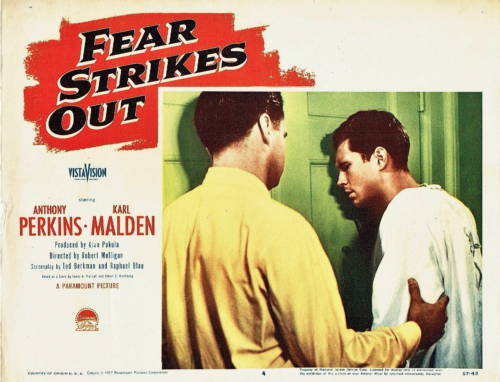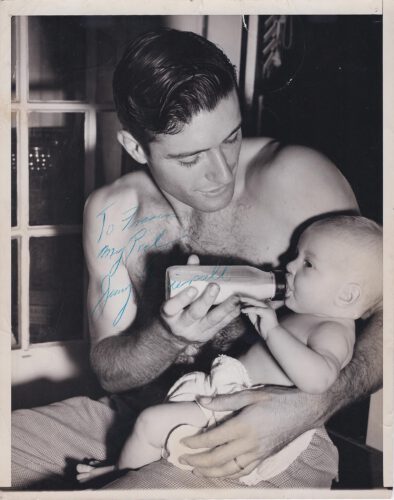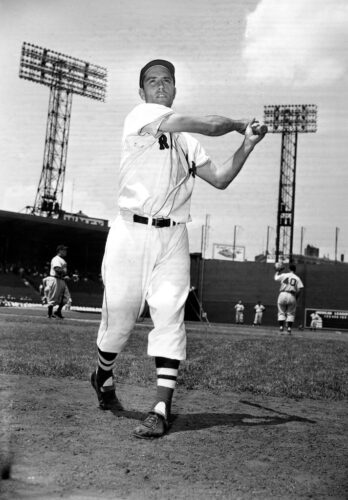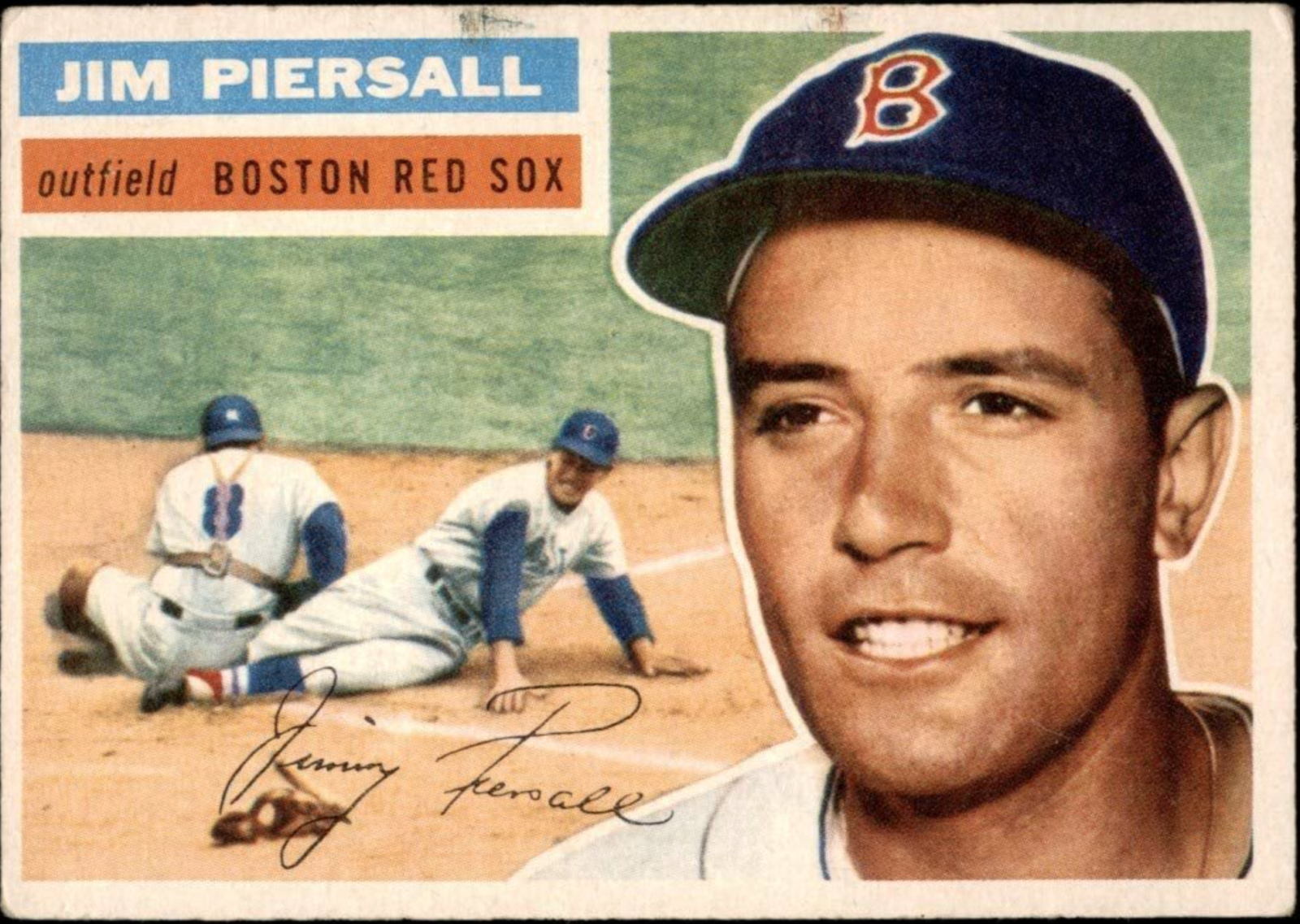Remembering Jimmy Piersall

To know him was to love him. Jimmy Piersall was a wildly popular 1950s Red Sox outfielder and short stop until his trade off to the Cleveland Indians in 1959. Many a boomer boy idolized him as he played next to the long revered Ted Williams and managed to distinguish himself. It was the spunk and grit of the man that drew his fan’s allegiance even as he struggled with what the doctors deemed “Manic Depression,” today a better understood mental/emotional condition called Bipolar Disorder. Nothing came easy for Piersall and with the benefit of today’s understanding of genetic propensities, the reasons for this are clear. Born in 1929 in Waterbury, Jimmy was the son of a house painter who struggled during the Depression. His mother fought mental illness during Jimmy’s childhood, often at Norwich State Hospital, the once accepted place for the mentally ill. In his autobiography Piersall wrote that he loved and feared his father, who was prone to corporal punishment. As a boy, his dad recognized his talent and allowed nothing to stand in the way of baseball. Despite this, Piersall played basketball as a high school senior, making all-state and all-New England, leading his team to the New England high school basketball championship, scoring 29 of the team’s 51 points in the final game.
Upon graduating high school he became a member of the Meriden (CT) semi-pro team, playing hard, looking at possibilities. Despite an offer of a full ride at Duke, he reached out to the majors where he got many offers, including one from the Yankees, but opted at the end to sign with the Sox. “I had no intention of signing with the Yankees,” Piersall said. “Waterbury is a Yankee city, but I was a Red Sox boy. I wouldn’t have given my Yankee friends at home the satisfaction of signing with their team.”

After a couple of seasons in the minors, Jimmy was sent up to the real Sox in the 1950 season, playing a grand total of six games, batting .286 with seven trips to the plate and four runs scored. 1951 also proved elusive as Piersall was dropped back to the minors, playing on a variety of teams in the Deep South, proving himself yet again as he played for Birmingham against Houston, batting .426. Fast forward to Spring training, 1952. Piersall proves equally adept at short stop and outfield. Things were looking up. But a 1952 story that went national referred to him as “high strung, spirited and voluble.” The fans loved him as he clowned, gestured dramatically and, to his detriment, imitated other players, going so far as to walk behind the worshiped Dom DiMaggio, imitating his walk and drawing the wrath of his teammates. But it was an actual fight with Yankees’ infielder Billy Martin that sowed seeds of doubt, even among his admirers. Piersall was blamed for the incident after screaming insults at the player. Benched and demoted, he was sent back to Birmingham where his behavior grew increasingly erratic. GM Joe Cronin, trying to handle the situation, spent one on one time with Piersall, recommending he consult a psychiatrist. This was something simply not done in the 50s; the stigma was too great for a competitive athlete, perceived by the public as invincible. Jimmy finally acquiesced, things were simply that bad. He spent time in Danvers and Westboro State Hospitals where among other things, he received electro shock therapy and was prescribed lithium which he took for nearly the remainder of his life.

With memories erased and talent intact Jimmy Piersall came to spring training in 1953 where he was welcomed by teammates, umpires, opponents and, above all, the fans. He was playful with former combatants, assigned to right field and on May 9, made a game saving catch in Fenway that Yankee Phil Rizzuto called “the greatest catch I’ve ever seen.” One New York scribe dubbed him “the greatest outfielder that ever lived.” And to Casey Stengel Piersall was the “best defensive right fielder in history.” Despite the tribulations, he was fully embraced by his adoring fans.
In 1955 a book about his ordeal was published. It was called Fear Strikes Out. The book was made into a film of the same title with Anthony Perkins playing Piersall, Karl Malden as his father. Jimmy was said to be unhappy with Malden’s depiction of his dad. He was traded to the Cleveland Indians in 1959 to the chagrin of his fans but he never lost his comic touch. In 1963, as an early New York Met, he hit his 100th homer and Jimmy Piersall then ran the bases backwards.
***
Jim Botticelli administers the popular Facebook and Instagram pages Dirty Old Boston. He is the author of Dirty Old Boston: Four Decades of a City In Transition available from local independent bookstores.













